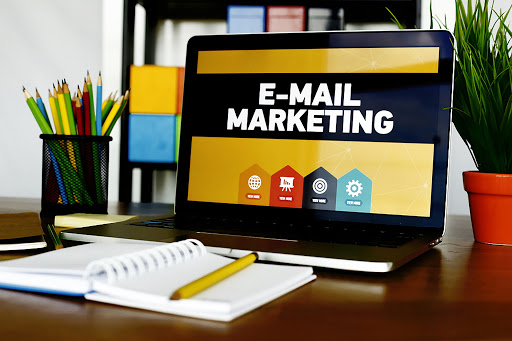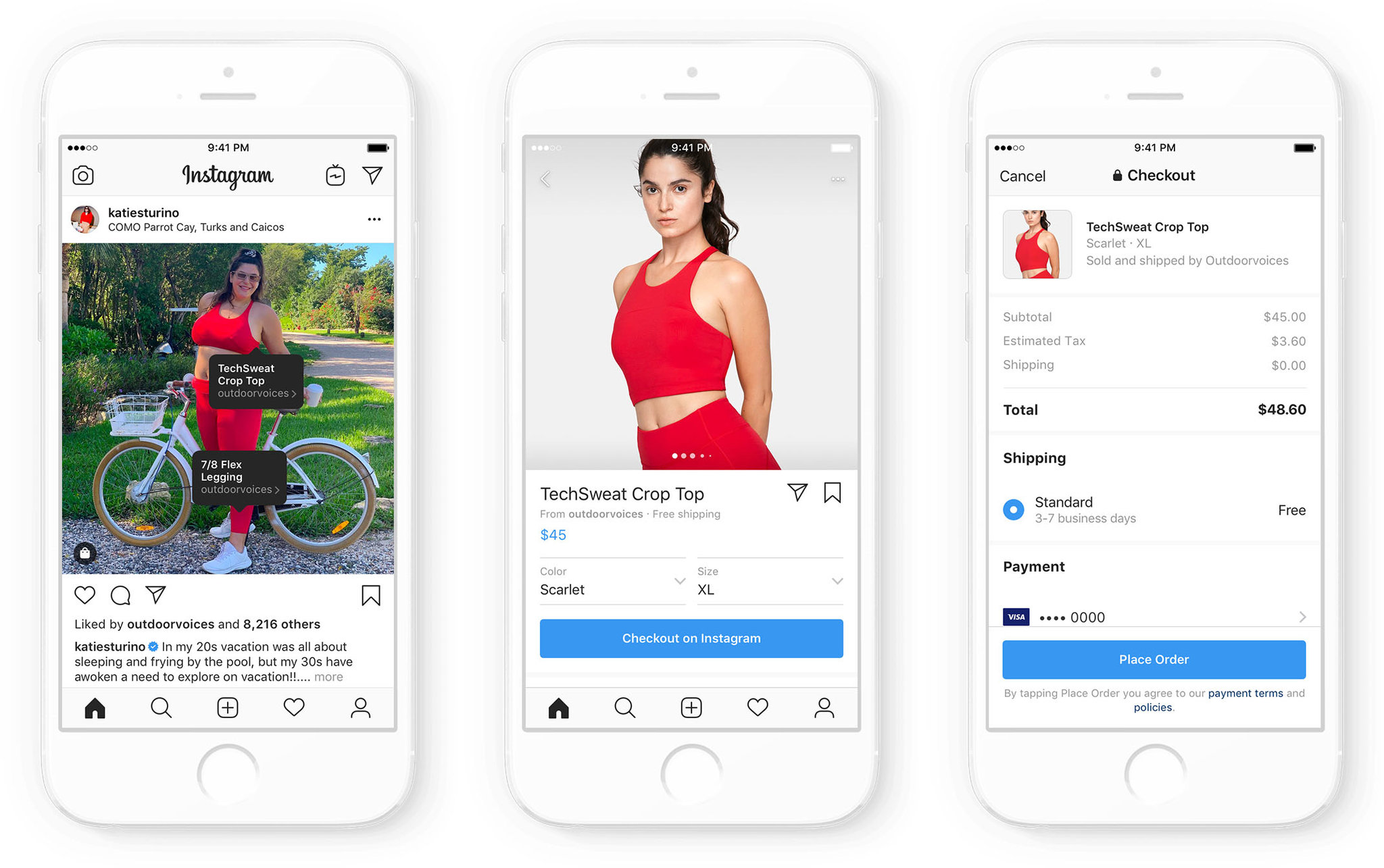As the proliferation of digital media continues to drive the industrial revolution, competition stiffens. It’s not only product or service optimization that makes for profit. More businesses are coming to terms with the changing reality of the digital enterprise.
Every day, new businesses join the massive throng on the internet. Every one of these businesses wants to be the preferred provider for an almost endless number of clients. The internet has practically shut down every limitation to markets that one could conceive.
This means that anyone can promote anything from anywhere around the world. With these in mind, consumers are motivated to buy from providers that meet their quality requirements.
Digital marketing best practices for web and e commerce helps businesses stand out from the competition. 10 of these best practices are discussed below:

1. Chat & Messenger Marketing
With the advent of instant messaging, interactions and engagement have potentially become more personal. Even more exciting is the introduction of chatbots and AI into the customer experience.
An article by the Digital Marketing institute describes Chatbots as artificial intelligence (AI) software that acts as a virtual “concierge,” communicating with users and assisting them in completing their goals. Communication serves as an essential part of brand and customer relationships.
It’s therefore important to integrate chat features on web platforms.

2. Email Marketing
Emails are one of the most popular channels for reaching and nurturing leads. A user who agrees to receive business emails from an organization has taken a major step in the buyer’s journey.
They have committed to building a relationship with your brand and can be considered as potential buyers. Some popular email marketing tools include Mailchimp, Mailerlite, and Active Campaign.

3. Authority Blogging
Blogging is one of the best methods of keeping your audience engaged. Every business needs to build trust and capture the attention of online readers. Blogging also positions your business as an authority in your niche.
Consumers are more likely to buy from a business that has an expert voice on relevant issues.

4. Voice Search
Optin Monster reports that voice commerce sales hit about $1.8 billion in 2018, with estimates putting sales at $40 billion by 2022.
Innovative and inclusive solutions are likely to receive greater attention as global attention shifts to minority or excluded groups. Voice search offers inclusion, for example, to visually challenged persons.

5. Personalization
Marketing has become more than just a random one size fits all experience. Now there are greater possibilities for a personalized user experience.
Starting from responsive website designs to language translation on webpages, to search suggestions, relevant advertising and much more. It’s now easier to reach people with only information that they want to see.
More than 70% of consumers get frustrated when content has nothing to do with them.
Personalization matters much!

6. Video Marketing
With the advent of video blogging or vlogging as it is popularly known, video marketing has become even more useful. Businesses can reach potentially larger audiences as video consumption grows.
With TikTok, Snapchat, and Instagram, businesses can easily reach a massive number of users, brands and networks. 52% of consumers claim that watching product videos makes them more confident and guides their online purchasing decisions.

7. Advertising
There’s a ton of possible advertising channels. Google, Facebook, Twitter, YouTube and many social platforms allow businesses to pay for advertising their products or services.
Understanding how this tie into your overall business strategy will save you a lot of undue cost.

8. Social Commerce & Shoppable Posts
Social media has now gone beyond mere conversations. Friends now meetup online to talk about new products and trends.
Customers talk about what they bought and their friends take a cue. It’s important to maximize engaging posts as a tool for marketing.

9. Omnichannel Marketing
Maintaining a consistent voice and brand image across several channels could become herculean. However, it’s in the best interest of a business to achieve this. As potential clients engage content across channels, earning their trust is an important marketing need.
Customers are likely to buy in larger quantities and more frequently when they engage across various channels.
10. Privacy Marketing
As conversations surrounding privacy and data continue to grow, this becomes a major factor for marketing success. Potential clients must be convinced that they can trust their data to businesses.
Therefore, businesses must build trust using social proof as a part of marketing.
Digital marketing comes with a lot of challenges and is constantly evolving. However, for businesses that are willing to adapt, it provides almost limitless amounts of possibilities.


1 Comments
A WordPress Commenter
July 1, 2020 at 9:34 pm -Hi, this is a comment.
To get started with moderating, editing, and deleting comments, please visit the Comments screen in the dashboard.
Commenter avatars come from Gravatar.